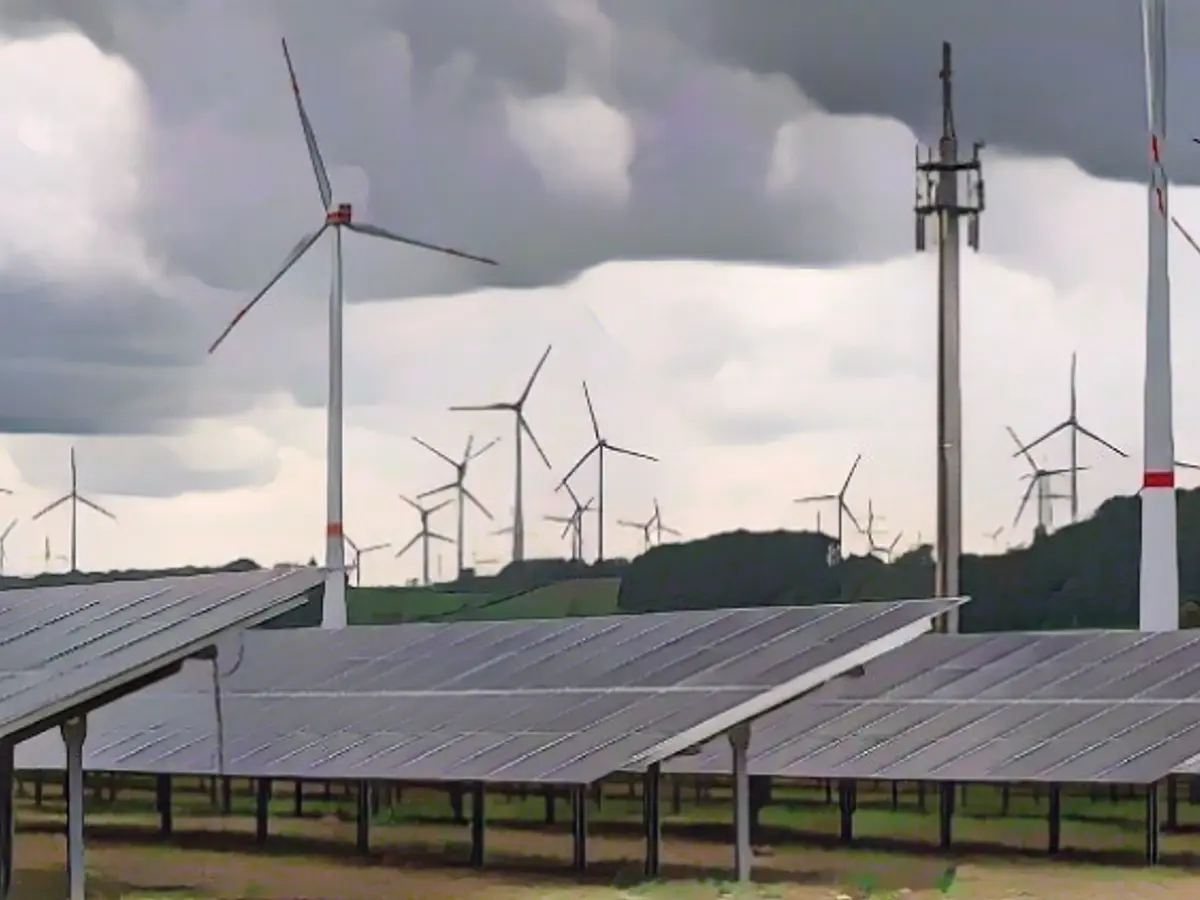The energy transition could prove to be a game-changer for Europe's rural regions, as suggested by a recent study from the Bertelsmann Stiftung. These areas, often overlooked before, stand to gain up to 4.9% in employment and an additional 1570 euros per capita in value by 2050 due to a shift towards renewables. Conversely, urban regions and industries heavily reliant on fossil fuels may face a challenge, potentially experiencing a loss of up to 2.1% in employment and 2450 euros less per capita in value added by the same year.
This study highlights an opportunity to increase economic cohesion between European regions, with rural areas poised to capitalize on the potential of renewable energy sources. While challenges lie ahead for urban regions and fossil fuel-dependent industries, focusing on areas such as renewable energy production, rural economic development, and environmental benefits may pave the way for success in rural areas.
Renewable Energy Production in Rural Regions:
- Solar Energy: Southern and eastern Europe boast significant untapped potential for solar energy production, particularly through photovoltaics. Employing agrivoltaics, which combines solar panels and farming on the same plots, holds promise to double Europe's photovoltaic capacity without affecting productive land and protected areas.
- Rural Economic Development: Energy entrepreneurship in rural areas can stimulate local economies by creating jobs and enhancing livelihoods. Decentralized renewable energy systems can contribute to energy security and climate resilience by reducing vulnerability to climate change impacts.
- Environmental Benefits: Renewable energy sources lead to decreased air and water pollution, ultimately promoting better air quality and protecting vital water resources. Additionally, sustainable biomass energy can help conserve biodiversity by reducing pressure on natural forests and minimizing habitat disruption.
Challenges for Urban Regions and Fossil Fuel-Dependent Industries:
- Governance Issues: Urban governance can be complex, making it difficult to align local ambitions with national and global objectives. Effective governance mechanisms are critical in establishing clear visions, innovative planning, and integrated policies for urban action and development.
- Implementation Challenges: Understanding project development and financing requirements is essential. Engaging private sector partners through innovative mechanisms can facilitate the necessary investment in green energy projects.
- Energy Efficiency and Innovation: Urban spaces require innovative solutions and digital tools like smart grids and remote energy monitoring to maximize renewable energy utilization and promote energy efficiency in buildings and transport.
- Decarbonization and Regulatory Pressures: Fossil fuel-dependent industries need to adapt to decarbonization goals and increasingly stringent regulations. European countries are already introducing restrictions on fossil fuel-based activities and promoting alternatives like renewable liquid gases.
In conclusion, Europe's rural regions have the potential to flourish as a result of the energy transition. By focusing on leveraging renewable energy sources, rural economic development, and environmental benefits, these areas can become the driving force for a greener, more sustainable energy future. Meanwhile, urban regions and fossil fuel-dependent industries face challenges related to governance, implementation, and regulatory pressures that will require innovative solutions and partnerships to overcome.








